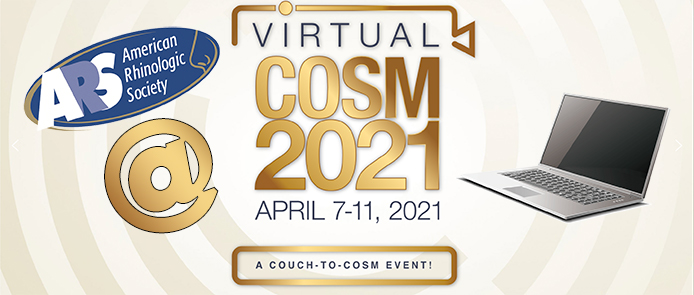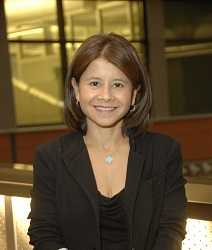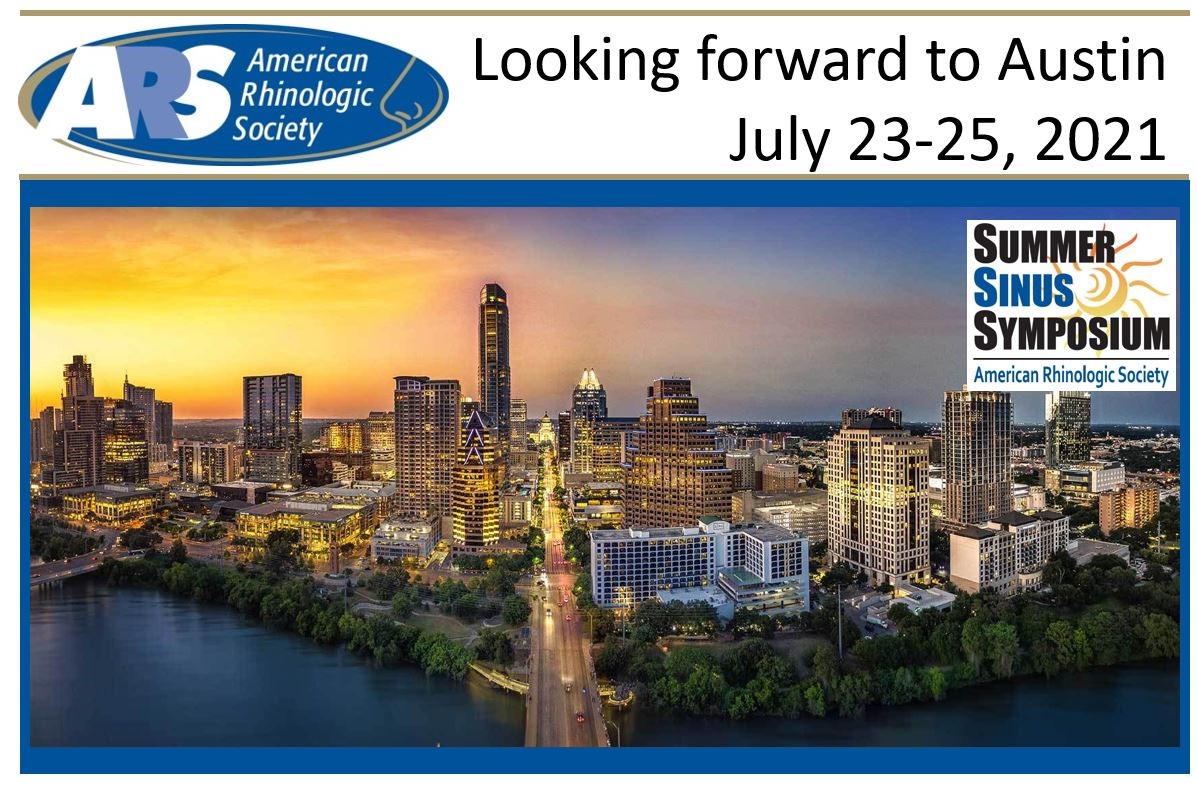- About Us
- Membership
- Practice
- Education
- Research
- Meetings
- RTC
- Journal
- Newsletter
 January 2021In This Issue:
President's Report
Joseph Han, MD, FARSDear Friends and Colleagues: I hope you had a wonderful holiday season and happy new year. During this past year, we witnessed unusual pain and solitude. It has been a sad year to say the least. However, there appears to be some hope around the corner with the introduction of the Covid-19 vaccine. With many of our members being vaccinated, there is an air of optimism for an in person scientific meeting later this year. Despite the pandemic, the American Rhinologic Society (ARS) has been very busy working in the background. The ARS and its members are working on many projects to help our members and further the science and patient care for rhinology, skull base, and allergy. We now have three sections within the ARS: Women in Rhinology, Allergy in Rhinology, and recently Skull Base and Orbital Surgery Section. We are navigating a path to develop evidence-based products that will provide guidance for patient care. The ARS has recently established a Diversity and Inclusion Committee which has been very timely. Diversity comes in many forms including gender, age, race, and even in education. By facilitating different ideas and viewpoints, the ARS would be able to provide a more comprehensive approach to a variety of issues, becoming stronger, and even more unified. This pandemic has demonstrated how resilient and flexible the ARS and our specialty have been, even though Otolaryngology and Rhinology have been more affected than other medical specialties. During these turbulent times, I want to recognize all my colleagues, fellow ARS members/fellows, and health care providers who have risked their safety to care for our patients. We have certainly adapted and learned creative ways to care for patients. I want to personally thank our ARS members and corporate partners for continuing to support the society via their membership, attendance, and sponsorship in all our wonderful ARS virtual meetings, which have been very successful. This year, while I am still President, I hope that we will be able to meet in person at an ARS meeting. Please save the dates for these meetings; ARS SSS in Austin on July 23-35, 2021 and the Annual Meeting in Los Angeles on October 1-2, 2021. I hope that you and your family will be safe and healthy. Executive Vice President’s Report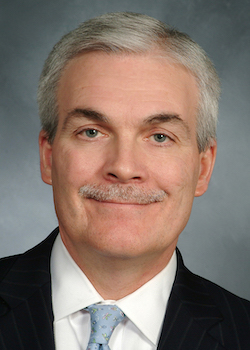
Michael G. Stewart MD, MPH, FARSThe strength of the American Rhinologic Society (ARS) has never been more apparent than it was in 2020. Despite all the turmoil and difficulties, we managed to put on outstanding educational programs, grow our membership, successfully reorganize our finances, and initiate a multi-year strategic plan. Our relationships with our industry partners have strengthened, thanks to the efforts of our VP Brent Senior, MD, FARS, and Susan Arias. Our journal IFAR has had an amazing year, thanks to the leadership of Editor-in-Chief Timothy Smith, MD, MPH, FARS. We have put on several well-attended educational Webinars, and we are soon launching a new patient-facing educational website. And the ARS leadership has worked very hard to maintain the momentum of the Society, especially President Joe Han, MD, FARS, President-Elect Rod Schlosser, MD, FARS, and Immediate Past President Robert Kern, MD, FARS. We look forward to another great year in 2021, including resuming in-person meetings, hopefully in Austin for the Summer Sinus Symposium. Thanks for your support of the ARS. Healthcare Committee and Coding Update |
|||||||||||||||||
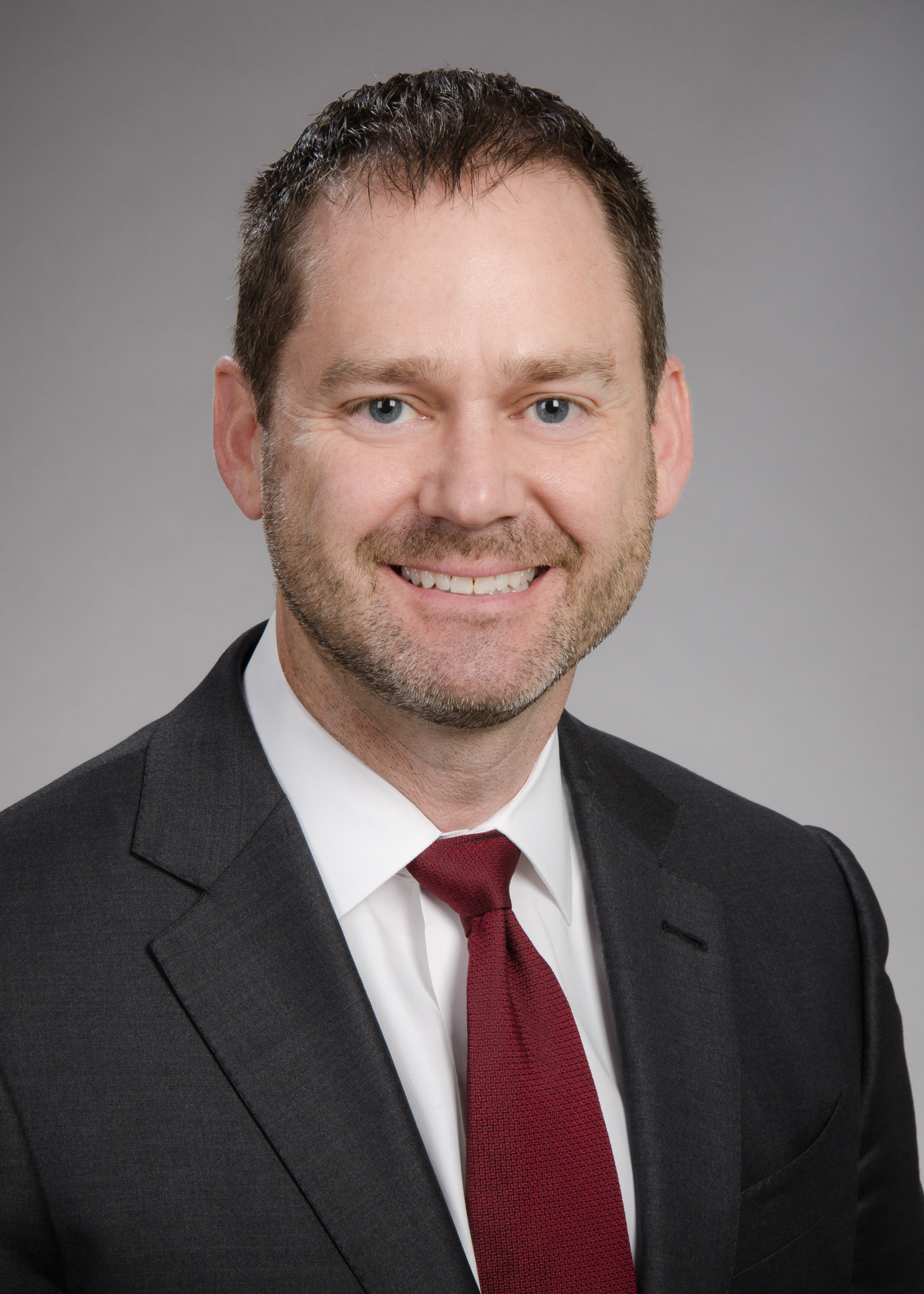
Greg Davis, MD, FARS |
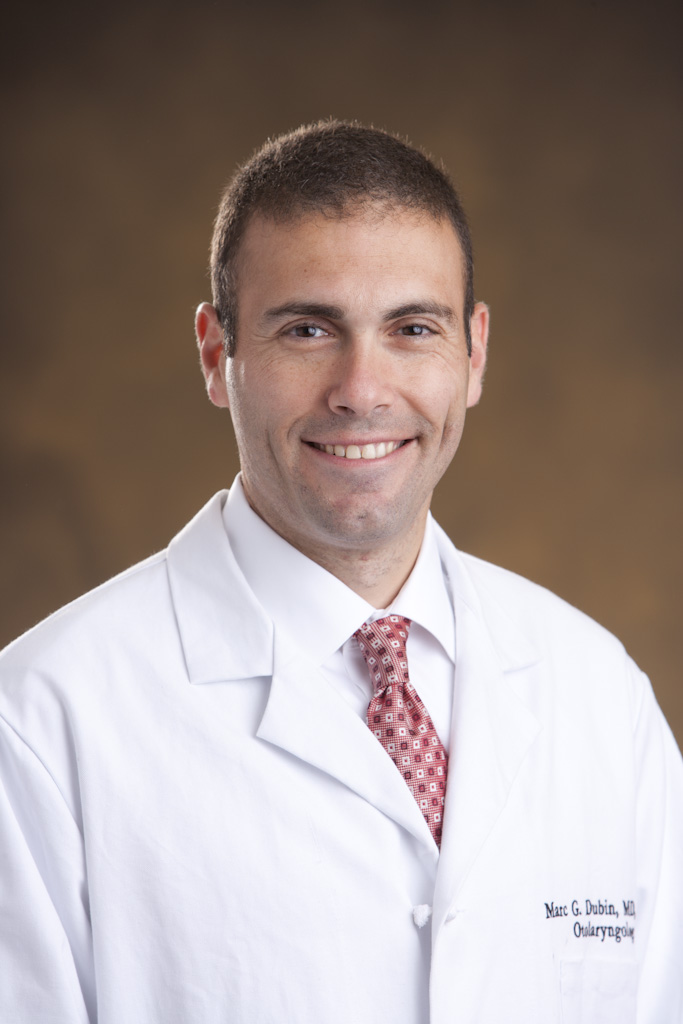
Marc Dubin, MD, FARS |
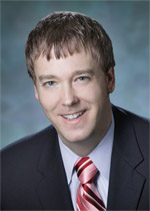
Doug Reh, MD, FARS |
Course Directors, American Rhinologic Society’s Summer Sinus Symposium
Dear Colleagues,
We are very excited to host the 10th annual American Rhinologic Society (ARS)’s Summer Sinus Symposium July 23-25, 2021, at the brand new Marriott Hotel in downtown Austin, Texas. After a long year away from one another we are looking forward to the first “post-COVID-19” in person meeting. It is fitting that our first time back together is at one of the most well attended otolaryngology educational courses, the ARS Summer Sinus Symposium. Summer Sinus once again promises to offer an exciting, comprehensive, and practical program presenting the state of the art care in clinical and surgical rhinology. Our goal is to offer private practice and academic otolaryngologists the highest level of rhinology education available anywhere in the world.
We have created a program broad in content and reach, that can provide high value for the practicing otolaryngologist and allied health professional involved in rhinologic patient care. This year offers both a new dedicated allergy program and expanded cadaver prosections.
A large and experienced faculty will address contemporary topics such as primary, revision,
and advanced sinus surgery, medical treatment of rhinosinusitis, office-based rhinologic surgery, complications of sinus surgery, allergy management, and many other important topics. Through panel discussions and debates, demonstration dissections, and audience response systems, we strive to create an interactive learning environment, highly praised by past attendees. The course emphasizes a collegial atmosphere where interactions between practicing otolaryngologists, rhinology thought leaders, and industry partners are fostered.
Get your vaccine, block your calendars, and plan to attend the 10th Annual “Best Sinus Course in the World!”
We look forward to seeing you in Austin!
Women in Rhinology Section Update
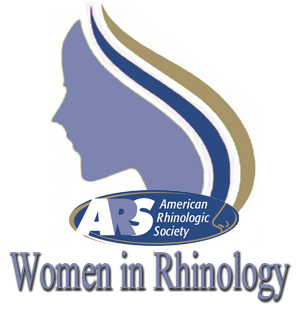
As the first official Section of the American Rhinologic Society (ARS), it is hard to believe that our inaugural Governing Council finished their 2-year term in October. We would like to introduce the new Governing Council recently elected by our members:
Immediate Past Chair: Jivianne T. Lee, MD, FARS
Chair: Elina Toskala, MD, PhD, MBA, FARS
Chair-Elect: Stacey T. Gray, MD, FARS
Information Officer: Patricia Loftus, MD, FARS
Financial Officer: Stephanie Joe, MD, FARS
Research Officer: Stephanie Shintani Smith, MD, MS
Mentorship Officer: Raewyn Campbell, FRACS, BMed(Hons), GradDip, BAppSc
Members-at-Large: Lauren Luk, MD and Elisabeth Ference, MD
We are also excited to announce that the Women in Rhinology (WiR) CORE grant was added to the 2021 cycle, with multiple excellent submissions. We look forward to the fantastic research that will result from this yearly grant!
At the ARS Spring Meeting at COSM in April, the WiR will be co-sponsoring the Keynote Address with speaker Debara Tucci MD, the director of the National Institute on Deafness and Other Communication Disorders (NIDCD) of the NIH. Don’t miss the opportunity to listen to and learn from this amazing and accomplished woman.
Lastly, we would like to put in a plug for @_backtableENT, an awesome ENT podcast founded and led by WiR members @gopibshah and @ashleyagan. Check it out – you won’t regret it!
As always, to keep up-to-date on WiR events and initiatives, please follow us on Twitter (@women_rhinology) and IG (women_in_rhinology).
Passing of our Friend and Respected Colleague Peter F. Svider, MD
 It is with great sadness that we write this letter announcing the death of our friend and colleague Peter Svider, MD. Peter passed away on Saturday, January 16, 2021 after battling cancer. Peter was 34 years old. For such a young person, his numerous contributions to our literature, especially in the field of Rhinology, are unparalleled. He will be missed. Please read his obituary here: ENT connect obituary
It is with great sadness that we write this letter announcing the death of our friend and colleague Peter Svider, MD. Peter passed away on Saturday, January 16, 2021 after battling cancer. Peter was 34 years old. For such a young person, his numerous contributions to our literature, especially in the field of Rhinology, are unparalleled. He will be missed. Please read his obituary here: ENT connect obituary
Adam Folbe MD, FARS
Jean Anderson Eloy MD, FARS
Michael Setzen MD, FARS
ARS Rhinology Training Council Update
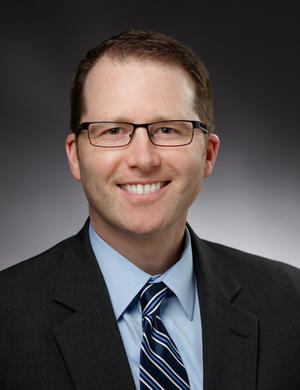
David Poetker, MD, MA, FARS
Chair, ARS Rhinology Training Council
Dear ARS Member,
The Rhinology Training Council (RTC) spent 2020 shifting its focus from the initial approval of the fellowship programs to developing the tools and criteria required to monitor programs and renew their terms as ARS approved fellowships.
This process requires reviewing submitted materials from each of the programs and developing guidelines for program review. Two of the main metrics used for review are clinical/surgical volume and research productivity.
2020 was an unprecedented year and we have been concerned about the negative impact of the COVID-19 pandemic on fellowship training programs. In light of this, the decision was made to extend initial approvals for all programs for an additional year. Programs were initially given either 1, 2, or 3-year approval terms based on the relative merits of the individual program. These will now be 2, 3, or 4-year terms. The members of the RTC hope this will allow programs to show evidence of growth in the clinical or research experience of the fellows.
Some good news is that the list of NeuroRhinology and Advanced Sinus Surgery fellowships continues to grow. In 2020, the Sydney Rhinology Program received full approval for their fellowship. Duke University was granted Provisional Approval Contingent upon the Program Interview. Duke will undergo a Program Interview this spring. If approved, Duke will be the 31st approved NeuroRhinology and Advanced Sinus Surgery fellowship. Congratulations to both programs.
New programs may apply yearly. Applications will be due by July 1 of each year. See the ARS website for more details.
Mentorship Committee Update
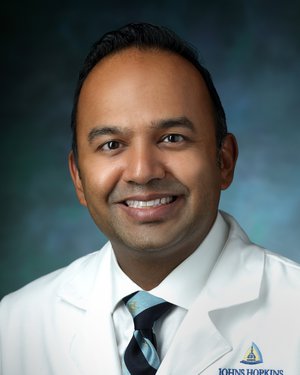
Murray Ramanathan, MD, FACS, FARS
Chair, American Rhinologic Society Mentorship Program
The Mentorship Program is off to a great start. This past year, our Committee helped to cosponsor an exciting session by Dr. Marty Makary for the Annual Women in Rhinology/Residents & Fellows/Mentorship combined lecture. Our main mentorship program is currently well underway with over 30 mentor:mentee pairings. For mentors, please remember to meet with your mentees at least twice a year, especially during these difficult times.
We continue to work closely with Benjamin Bleier, MD, FARS and Corinna Levine, MD, MPH from the Research/Grants Committee on our newly created American Rhinologic Society (ARS) Mentored Pilot Research Award, with the help of Brent Senior, MD, FACS, FARS and Susan Arias who helped secure generous corporate support from GSK. The purpose of this new award is to provide $10,000 pilot funding and carefully selected mentorship to promising applicants who applied for ARS sponsored faculty research grants but did not receive funding. This award is currently supporting 3 Principal Investigators for 2020-2021 and we look forward to following their progress and new grant submissions.
Lastly, we are working with Josh Levy, MD, MPH, FARS and the Residents/Fellows Committee to co-sponsor a new junior rhinologist mentorship program pairing rhinology fellows with junior rhinologic faculty. The goals of this program are to help rhinology fellows with the job search and launching their careers while giving junior faculty mentoring experience. As a new committee, we continue to seek guidance and input from our membership. Please feel free to email me with suggestions: [email protected]

International Forum of Allergy & Rhinology Highlights
Read the top articles published in the International Forum of Allergy & Rhinology (IFAR) over the past year.
2020 Most Accessed & Cited Articles
- Association of chemosensory dysfunction and COVID‐19 in patients presenting with influenza‐like symptoms
- Smell dysfunction: a biomarker for COVID‐19
- Endonasal instrumentation and aerosolization risk in the era of COVID‐19: simulation, literature review, and proposed mitigation strategies
- Self‐reported olfactory loss associates with outpatient clinical course in COVID‐19
- Potential pathogenesis of ageusia and anosmia in COVID‐19 patients
- Use of Google Trends to investigate loss‐of‐smell‒related searches during the COVID‐19 outbreak
IFAR has added new manuscript categories for submission! The following are brief descriptions of the new types of manuscripts being considered through our peer-review processes:
Research Note
Research Notes are peer-reviewed publications of clinical or laboratory observations, in abbreviated form. Research Notes are limited in scope relative to full length Research Manuscripts. Citation research shows that Research Notes are indexed in Medline, accessible to all literature searches, and cited. A Research Note must be limited to 900 words and 2 tables or figures.
Viewpoint
Viewpoints convey the opinion of an author or group of authors and inform practice or its related science. While liberty is given to extrapolate beyond the usual confines of a scientific manuscript, opinions must be reasonably fact-based and contain logical inferences. Opinions about clinical practice or scientific data are appropriate where there are barriers to actual prospective testing of an issue. Authors should efficiently convey their message keeping Viewpoints as brief as possible. Limited to less than 2000 words and 3 figures.
Clinical Letter
Clinical Letters are brief reports of unique cases, small case series, treatment techniques (“How I Do It”), or interesting clinical observations limited to 750 words and 2 tables/figures.
Please see Author Guidelines for complete details: https://onlinelibrary.wiley.com/journal/20426984
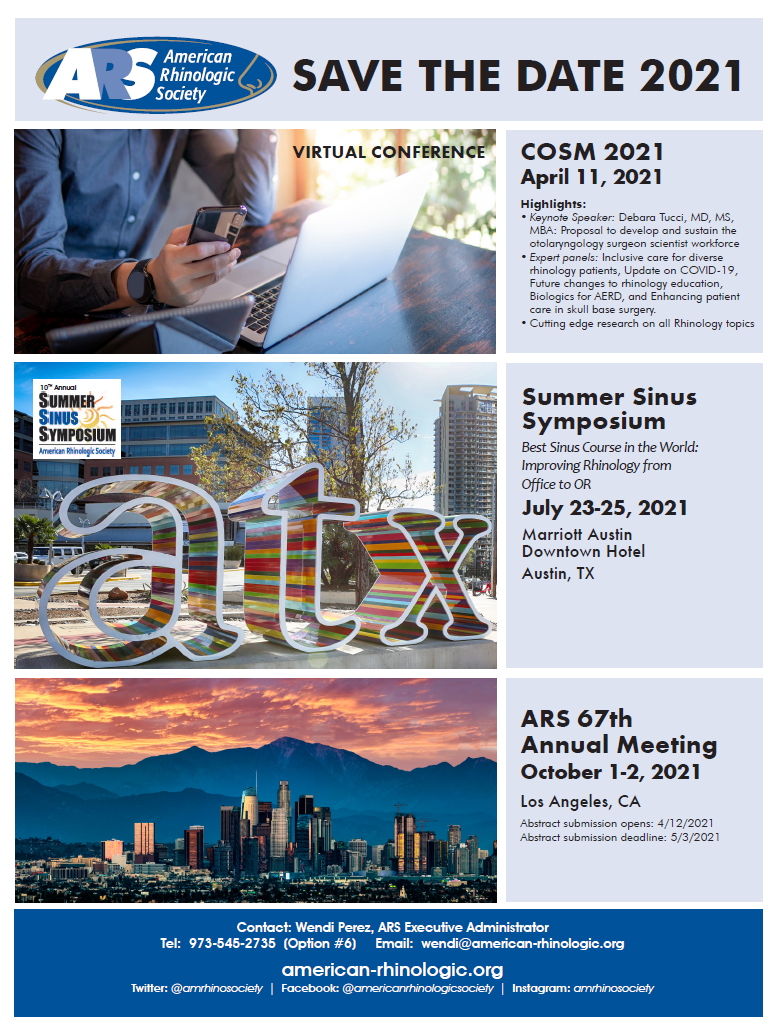
Friends in Research Campaign
From the strength of our recent Scientific Programs at both the Spring and Fall meetings, it is easy to see that research is at the heart of the future of our specialty. Each year, the ARS awards resident and new investigator grants in rhinology as a participating society of the AAO-HNSF CORE Grant program. New this year the ARS is also offering a three-year, multi-site Consortium Grant. Many of these small grants have served to support the early development of some of our brightest minds and future leaders of our specialty. Members and friends of the American Rhinologic Society have the opportunity to make a direct donation to the ARS in support of research.
With your support, we can continue to fund the studies that provide clinical insights valuable to the care of our patients. This work not only advances the care of our patients through scientific innovation, but also generates important data establishing the efficacy and cost effectiveness of our care. In the current financial landscape, this is equally important to ensure that our patients have access to the treatment necessary to address their complaints.
Past grants have been largely supported by donations from industry, but it is up to us to ensure the strength and vitality of our specialty. We encourage the members of the ARS to join us in investing in the future of rhinology by making a tax-deductible contribution.
Donate Now!
Titanium($3500+)
Melinda Thacker, MD
DIAMOND ($2500)
Lee Mandel, MD, FARS
Marc Rosen, MD, FARS
Rodney Schlosser, MD, FARS
Michael Stewart, MD, FARS
PLATINUM ($1000)
Benjamin Bleier, MD, FARS
Roy Casiano, MD, FARS
Rakesh Chandra, MD, FARS
Charles Ebert, Jr., MD, FARS
Adam Folbe, MD, FARS
James Hadley, MD, FARS
Joseph Han, MD, FARS
John Houck, MD
Peter Hwang, MD, FARS
Robert Kern, MD, FARS
Devyani Lal, MD, FARS
R. Peter Manes, MD, FARS
James Palmer, MD, FARS
David Poetker, MD, FARS
Murugappan Ramanathan, MD, FARS
Douglas Reh, MD, FARS
Brent Senior, MD, FARS
Michael Sillers, MD, FARS
Jonathan Ting, MD, FARS
Winston Vaughan, MD, FARS
Eugenia Vining, MD
Marilene Wang, MD, FARS
Kevin Welch, MD, FARS
Sarah Wise, MD, FARS
GOLD ($500)
Nadeem Akbar, MD
J. Noble Anderson, Jr., MD
Do-Yeon Cho, MD
Noam Cohen, MD, FARS
Greg Davis, MD, FARS
Karen Fong, MD, FARS
David Gudis, MD, FARS
Alexis Jackman, MD, FARS
Jeb Justice, MD, FARS
Marc Kerner, MD
Spencer Payne, MD, FARS
Uma Ramaswamy, MD
Ken Yanagisawa, MD
SILVER ($250)
Vijay Anand, MD, FARS
Seung Kyu Chung, MD
Michael Cruz, MD, FARS
Francisco Krause Porter, MD
Kent Lam, MD
Lori Lemonnier, MD
Joshua Levy, MD, FARS
Ryan Little, MD
Phillip Liu, MD
Edward McCoul, MD, FARS
Kevin McMains, MD, FARS
Juan Portela, MD
Kenneth Rodriguez, MD
Christopher Roxbury, MD, FARS
Stephanie Smith, MD
Elina Toskala, MD, FARS
BRONZE ($100)
Robert Adelson, MD
Anonymous
Sanford Archer, MD, FARS
Ann Bogard, MD
David Conley, MD, FARS
H. Peter Doble, MD, FARS
Nick Debnath, MD
David Scott Fortune, MD
Rohit Garg, MD, FARS
Ashleigh Halderman, MD, FARS
Thomas Higgins, MD, FARS
John Jiu, MD
Stephanie Joe, MD, FARS
Eyad Khabbaz, MD
Ian Koszewski, MD, FARS
Donald Lanza, MD, FARS
Corinna Levine, MD, FARS
Jianfeng Liu, MD
Chadi Makary, MD, FARS
Jeffrey Myhill, MD, FARS
Annette Pham, MD
Fernanda Philippi, MD
Sanjeet Rangarajan, MD, FARS
Steve Reschak, MD
Austin Rose, MD, FARS
Brett Skolnick
Brian Song, MD
James Stankiewicz, MD, FARS
Jason Talmadge, MD
Justin Turner, MD, FARS
Richard Weir, MD
Robert Weiss, MD, FARS
Troy Woodard, MD, FARS
Mark Zacharek, MD, FARS
FRIEND ($50)
Richard Brauer, MD
Jacqueline Corey, MD, FARS
Peter Doble, MD, FARS
Gordon Epstein, MD
Firas Farhat, MD
Anne Getz, MD, FARS
Philip Harris, MD, FARS
Kathleen Low
Li-Xing Man, MD
Kevin McLaughlin, MD
Suzette Mikula, MD, FARS
Leslie Nurse, MD
Omar Ramadan, MD
Gregory Shein, MD
Krishnamurthi Sundaram, MD, FARS
Carol Yan, MD
*as of Dec 31, 2020
CORPORATE PARTNERS
The American Rhinologic Society would like to express our deepest thanks and appreciation to the participants of our Corporate Partners Program. Our corporate partnerships have been invaluable in their support of ARS initiatives to promote excellence in rhinology and skull base surgery. Through our ongoing collaborative relationships, we hope to continue to mutually develop exciting and lasting opportunities for our members to enhance education, investigation, clinical care, and patient advocacy in the future.
Platinum
 |
Gold
 |
Silver
 |
 |
 |
 |
 |
|
Bronze
 |
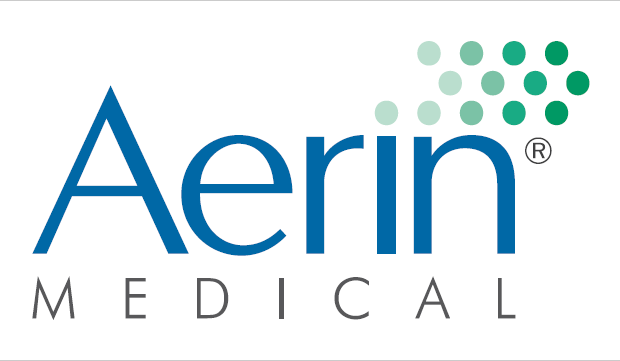 |
 |
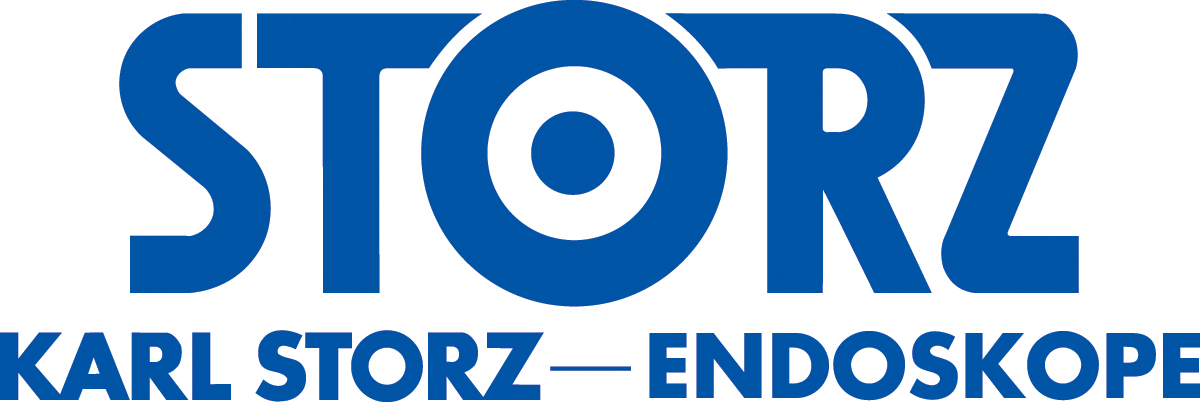 |
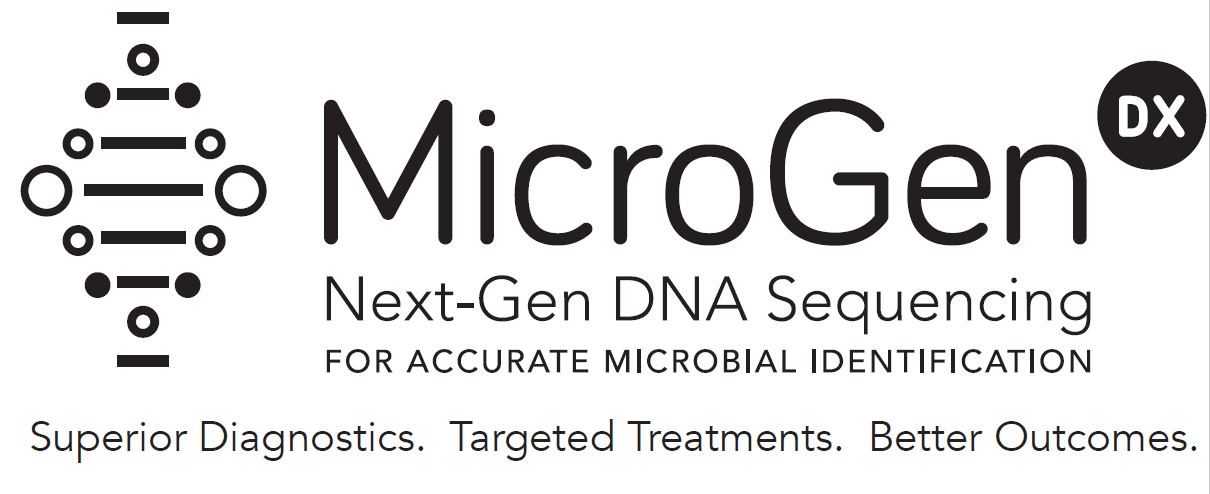 |
 |

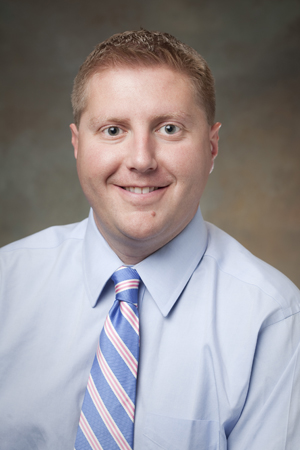
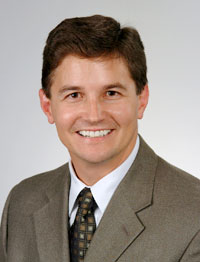 Rodney J. Schlosser, MD, FARS
Rodney J. Schlosser, MD, FARS